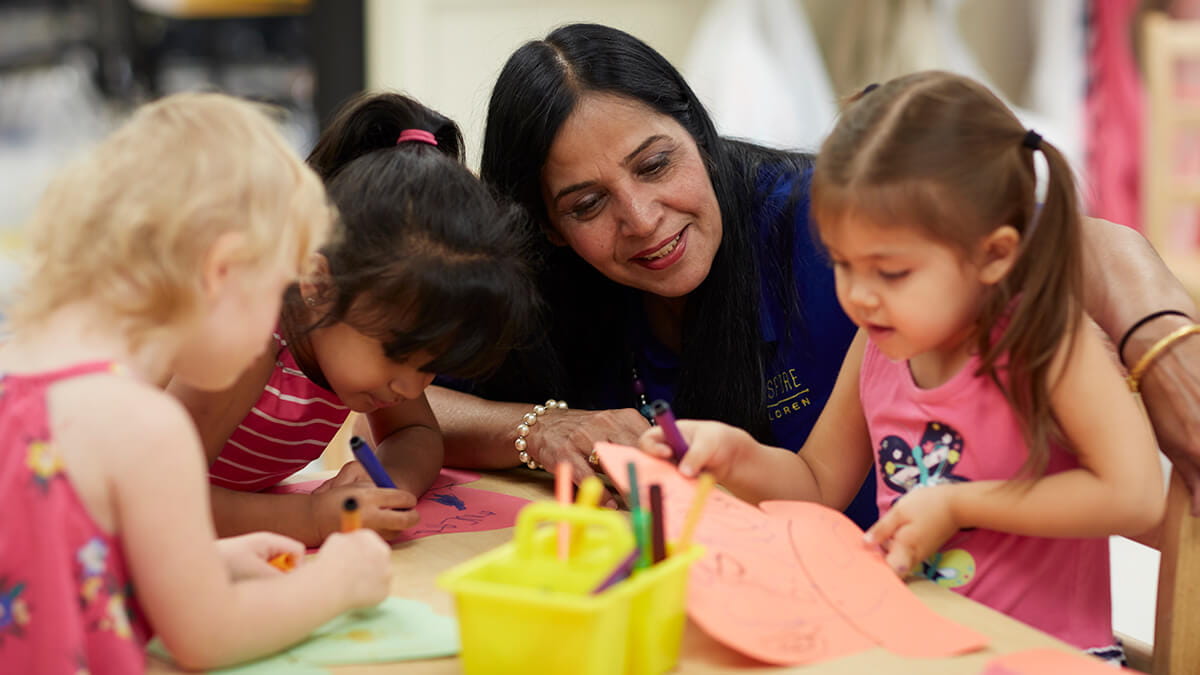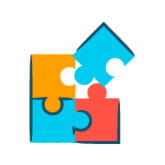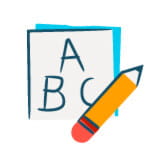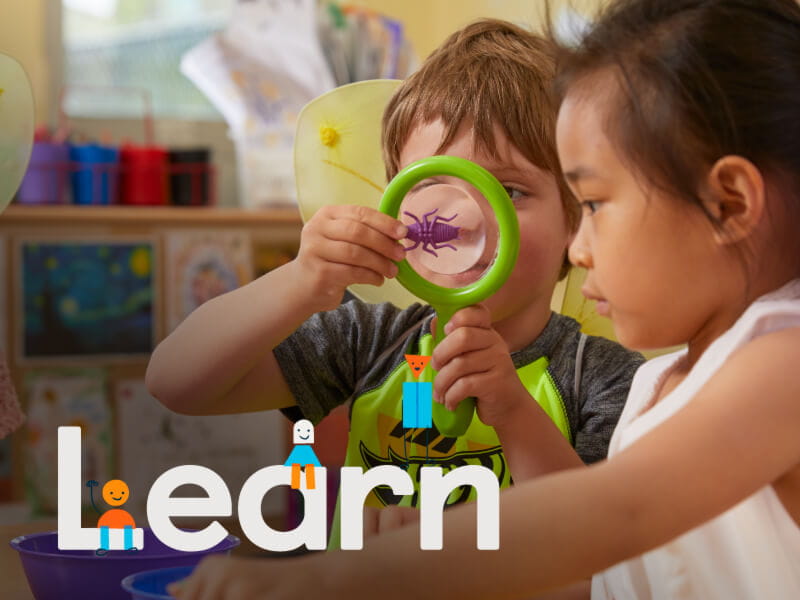Our Approach to Education
Early Foundations® for Your Early Learner
All About Early Foundations
- Cognitive refers to the process of learning, reasoning and problem-solving, and the development of age-appropriate skills in math, science, and the study of the world around us.
- Language and Literacy is all about verbal and non-verbal communication, plus the early skills needed to read and write!
- Physical, Motor, and Wellness includes physical health, self-care skills, nutrition, fine- and gross-motor skills, and use of the five senses.
- Social-Emotional skills include understanding and controlling emotions, developing empathy, building relationships, appreciating human diversity, and gaining self-confidence.
- Executive Function is the ability to control impulses, build memory skills, and practice problem solving.
- Creative Expression refers to how children express themselves through music, movement, play, and more.
“Our proprietary developmental curriculum is built by a team of experienced early childhood educators. They have years of classroom experience combined with expertise in child development, educational research, and national accreditation.
Our program is not only research-based, it’s also fun and engaging! You’ll see your child develop a love of learning and confidence for life.”
-Dr. Elanna Yalow, Vice Chair and Senior Advisor

Talented Teachers and A+ Centers

We hire talented humans who love your children (almost as much as you do)! Our low teacher-to-student ratio means your child gets individual attention and care all day. And you’ll develop a close relationship with your child’s teacher, too.
Our teachers are more than warm and fuzzy caregivers, they’re also talented educators! One way we help them stay at the top of their teaching game is making sure they complete special training and participate in continuing education throughout the year.
The Right Program for Your Child

School-Age Programs for Your K-6th Grader

KinderCare isn’t just for little kids! Some of our centers also partner with local elementary schools to complement the learning they offer. Our school-age curriculum layers alongside your school’s program and includes project-based STEM learning activities, art, physical activity, homework support, and more. You can also find distance learning, before- and after-school care, and break-time programs for big kids at select centers!
Teaching Kids Through an Anti-Bias Lens

Supporting Learning Differences

3 Steps for Teaching Your Child Positive Behaviors

- Identify what's driving the behavior
- Teach positive replacement behaviors
- Provide lots of opportunities to practice new skills

